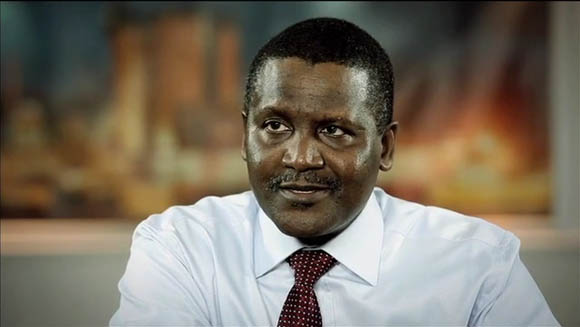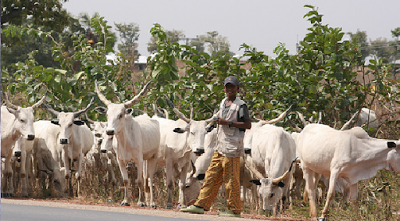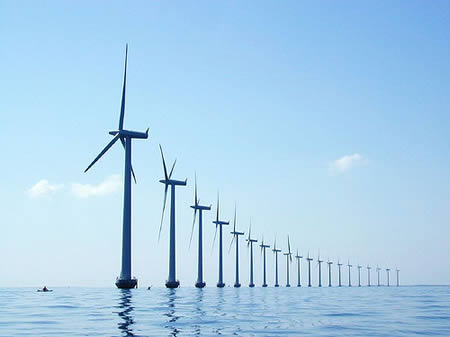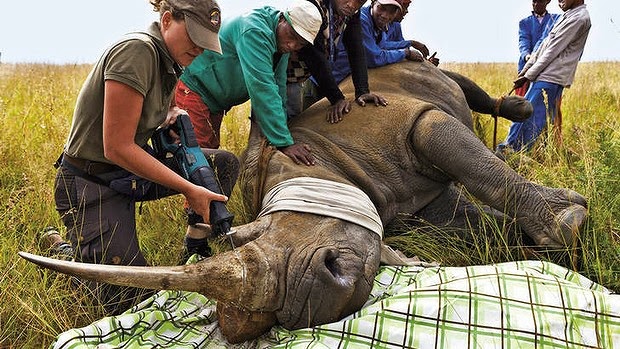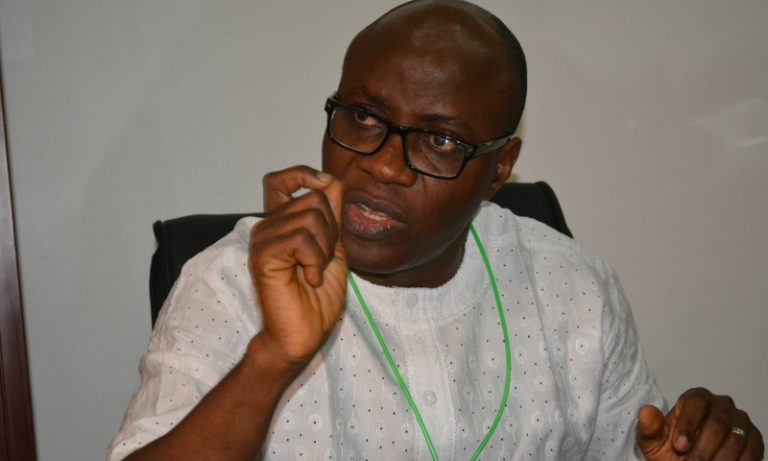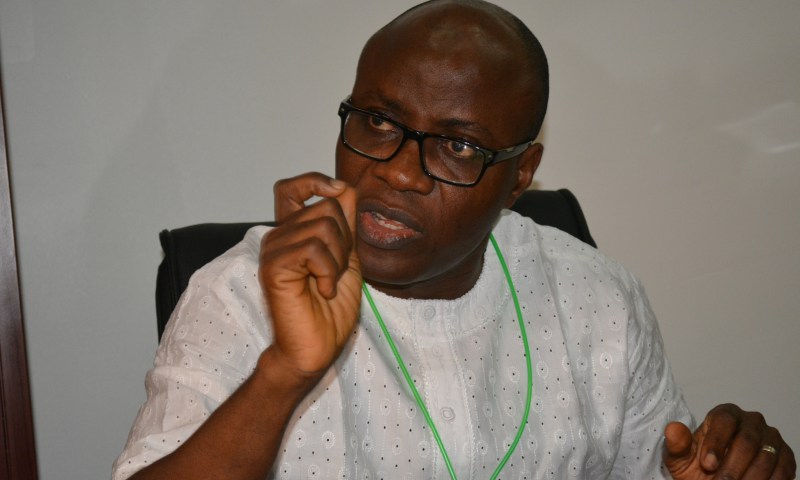With a population of about 173 million people, Nigeria is the largest country in Africa and accounts for 47% of West Africa’s population. It is also the biggest oil exporter in Africa, with the largest natural gas reserves in the continent. The challenging process of implementing reforms was revitalised through a Roadmap developed in 2010, which clearly outlines the government’s strategy and actions for implementing comprehensive power sector reforms to expand supply, open the door to private investment and address some of the chronic sector issues hampering improvement of service delivery – one of which is housing.

Nigeria’s population is growing and moving into urban areas rapidly. This puts a double strain on existing housing resources. Nigeria, just like many other countries of the world, is unable to keep up with the demand, and the result is burgeoning areas of informal housing, overcrowding, and slums.
Available statistics on Nigeria’s housing deficit paint a grim picture, with data (for 2014) from the World Bank and the National Bureau of Statistics agreeing that Nigeria has an estimated housing deficit of over 17 million units. With a population of almost 180 million, according to data from the United Nations, an annual population growth rate of 2.8 per cent (2015) and an annual urban population growth rate of 4.7 per cent, the nation needs to stop talking and start building.
This is more so as global trends show that the world is experiencing a housing crisis and various countries, especially in the global south, have approached the issue with the urgency it requires. According to UN statistics, about 1.6 billion people live in substandard housing globally, while over 100 million are homeless. Nigeria hosts an uncomfortably large percentage of these two, with over 100 million Nigerians considered to live in substandard housing.
Nigeria’s housing problems are severe; even by continental parameters. For instance, according to former Finance Minister, Ngozi Okonjo-Iweala, Nigeria’s size of mortgage finance (as a share of Gross Domestic Product) is 0.5%; compared to 2% for Ghana and same 2% for Botswana. In a paper – ‘Unleashing the Housing Sector in Nigeria and in Africa’, presented last year at the 6th Global Housing Finance Conference in Washington DC, Dr. Okonjo-Iweala also pointed out that these figures contrast sharply with estimated mortgage finance to GDP ratio of 80% for the UK, 77% for the USA and an average of 50% across Europe. Nigeria’s abysmal ranking on the mortgage finance scale show that the several mortgage financing initiatives by successive governments in the country have failed.
Other major factors for the country’s housing crisis include: the high cost of construction and an expensive cumbersome process of processing land documents and registering a property. In Nigeria, the high costs of skilled labour and building materials make the country one of the most expensive to build a house in.
According to the World Bank, addressing these challenges requires large-scale investment in housing production. The international organisation adds that governments alone cannot meet this burden, so private sector funds need to be channeled into housing investment. This requires a housing finance system to be functional for home buyers and real estate developers.
This fact was attested to by Acting Managing Director of Propertymart Real Estate Investment Limited, Mr Fasunwon Deji, who agreed with the World Bank notion that one of the key challenges is overcoming the obstacles to creating a functioning housing finance market. These obstacles may include lack of credit risk management tools, difficulties foreclosing on property, difficulties registering title and land, lack of capacity among lenders, affordability when interest rates and inflation are high; and, probably most critical of all, lack of access to long-term finance.
Mr Fasunwon says that another challenge is how to develop affordable housing solutions for lower and informal income groups, which is one of the priority areas of Propertymart, which is typified by the “Jewel Bungalows”, its newest initiative located within the exclusive Cranbel Court Estate in the New Makun City of the Ogun State Property and Investment Corporation (OPIC), along the Lagos-Ibadan Expressway.
Indeed, he adds that housing finance for the poor as well as supplying affordable housing will add up to creating systems that address the needs of households at different income levels, yet also building a system that can be sustained, scaled up, and oriented to the private sector.

